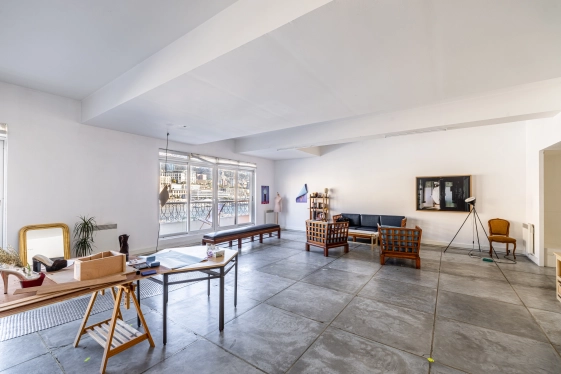

Introduction
The history of music in the Principality is closely entwined with that of the Princes of Monaco...
Like other European sovereigns, the Princes of Monaco always supported court music. In the seventeenth century, Antoine I, the “Musician Prince”, a huge admirer of Versailles’ splendour, brought many French musicians to play at his court. This meant that French works began to be heard, following on from the Italian repertoire which had, until that point, been very fashionable on the Rocher.
When the new district of Monte-Carlo was established by Prince Charles III in 1856, an orchestra was set up. Originally, it was just intended to get clients dancing in the gaming rooms: just a few musicians were needed. Gradually, this fledgling group expanded, and success led to rapid growth of what was then known as the “Orchestre du Nouveau Cercle des étrangers” (“Orchestra of the New Circle of Foreigners”).
It was in 1980 that the orchestra became the Monte-Carlo Philharmonic Orchestra, occupying – as it continues to do today – a prominent place on the international music scene.
Since the late nineteenth century, numerous world premieres have been created in Monte-Carlo and the Orchestra has performed the works of major composers including Massenet, Puccini, Ravel, Mascagni, Poulenc and Satie.
The music scene in Monaco is not limited to classical music; the country is also home to major venues such as the Salle des Etoiles where the biggest variety and singing stars cross paths every summer, from Joséphine Baker, who gave the inaugural performance there in 1974, to Michael Jackson, not to mention Frank Sinatra, Tina Turner, Liza Minnelli, Stevie Wonder, Barry White, The Who, Céline Dion, Sting, Robbie Williams, Lenny Kravitz and many others..
The stunning productions developed at the Monte-Carlo Opera featuring the Ballets Russes, the Monte-Carlo Philharmonic Orchestra with its history dating back more than a century, renowned cultural events such as the Monte-Carlo Jazz Festival, the Spring Arts Festival and summer concerts in the Royal Courtyard at the Prince’s Palace are a testament to this cultural wealth which has been passed down and continues today.
There are several institutions in the Principality which promote this heritage:
- Monte-Carlo Philharmonic Orchestra, which has occupied a prominent place on the international music scene since 1980
- Rainier III Academy of Music which offers a specialist education in music and theatre
- Spring Arts Festival which hosts an annual festival bringing together a variety of different forms of cultural expression
Source :
- Monte-Carlo Philharmonic Orchestra website
Events
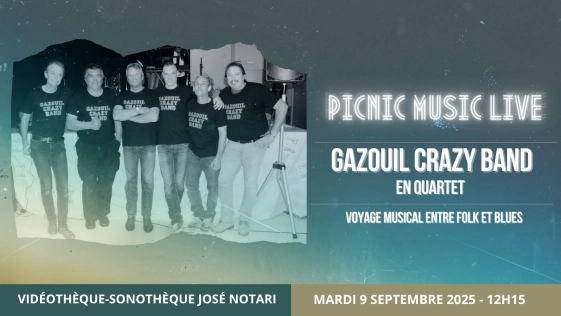
Picnic Music Live: Gazouil Crazy Band en quartet - Voyage musical entre folk et blues
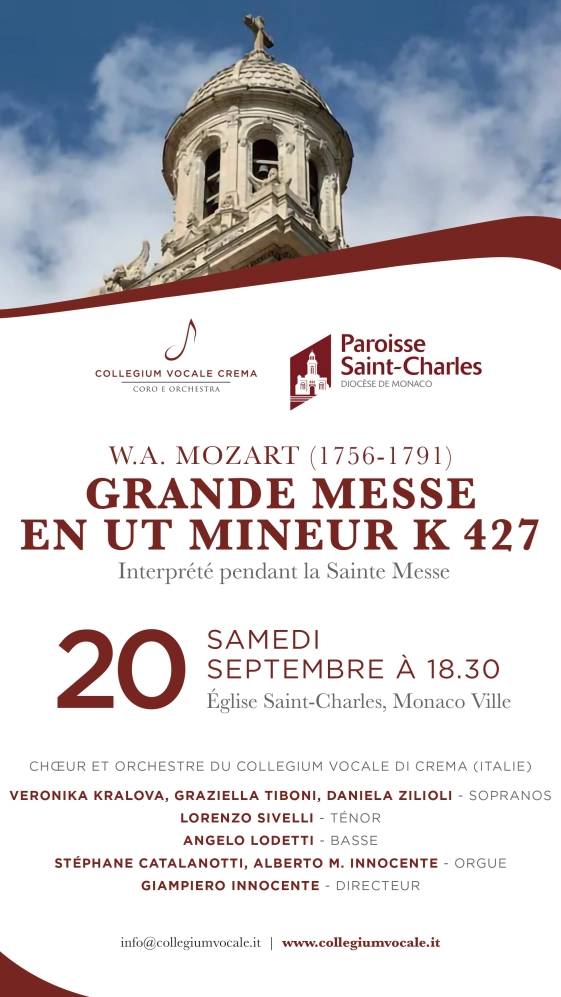
Grande messe en ut mineur K 427 de Mozart
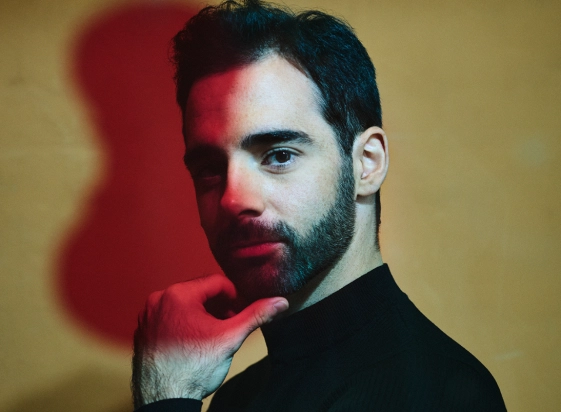
Concert symphonique - Ouverture de saison
Online content

Le Concerto pour clarinette en La Majeur de Mozart avec Pierre Génisson

PORTRAIT - Rencontre avec le Trio Pantoum
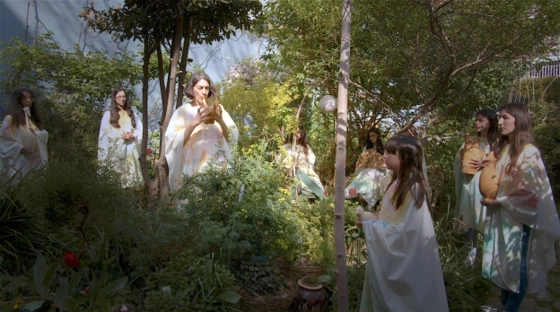
Katia Kameli, « Le Cantique des oiseaux » - performance et rencontre
News posts
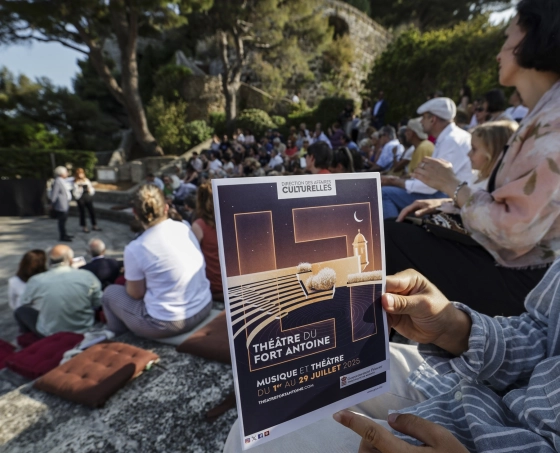
La nouvelle saison du Théâtre du Fort Antoine dévoilée
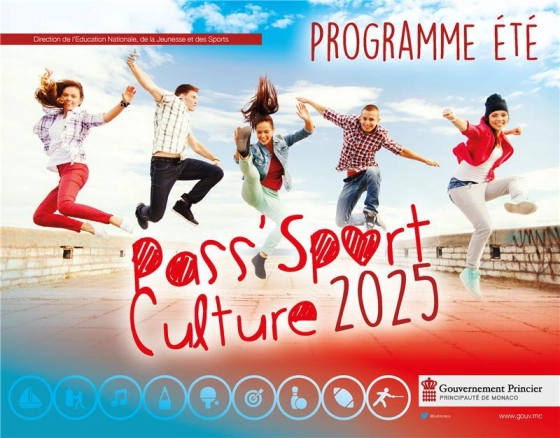
Le programme du Pass'Sport Culture été 2025 est en ligne
